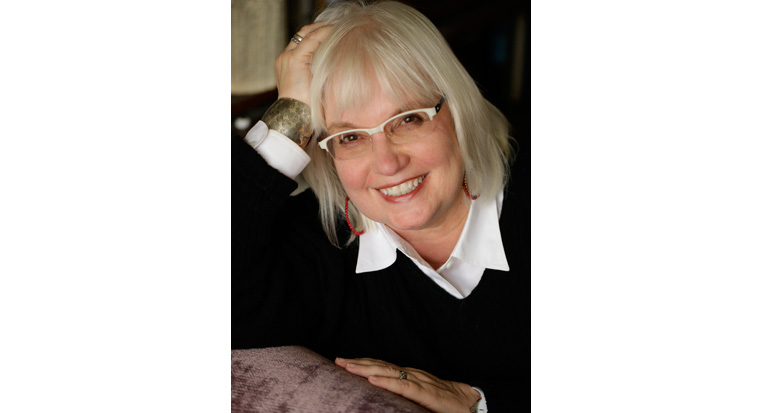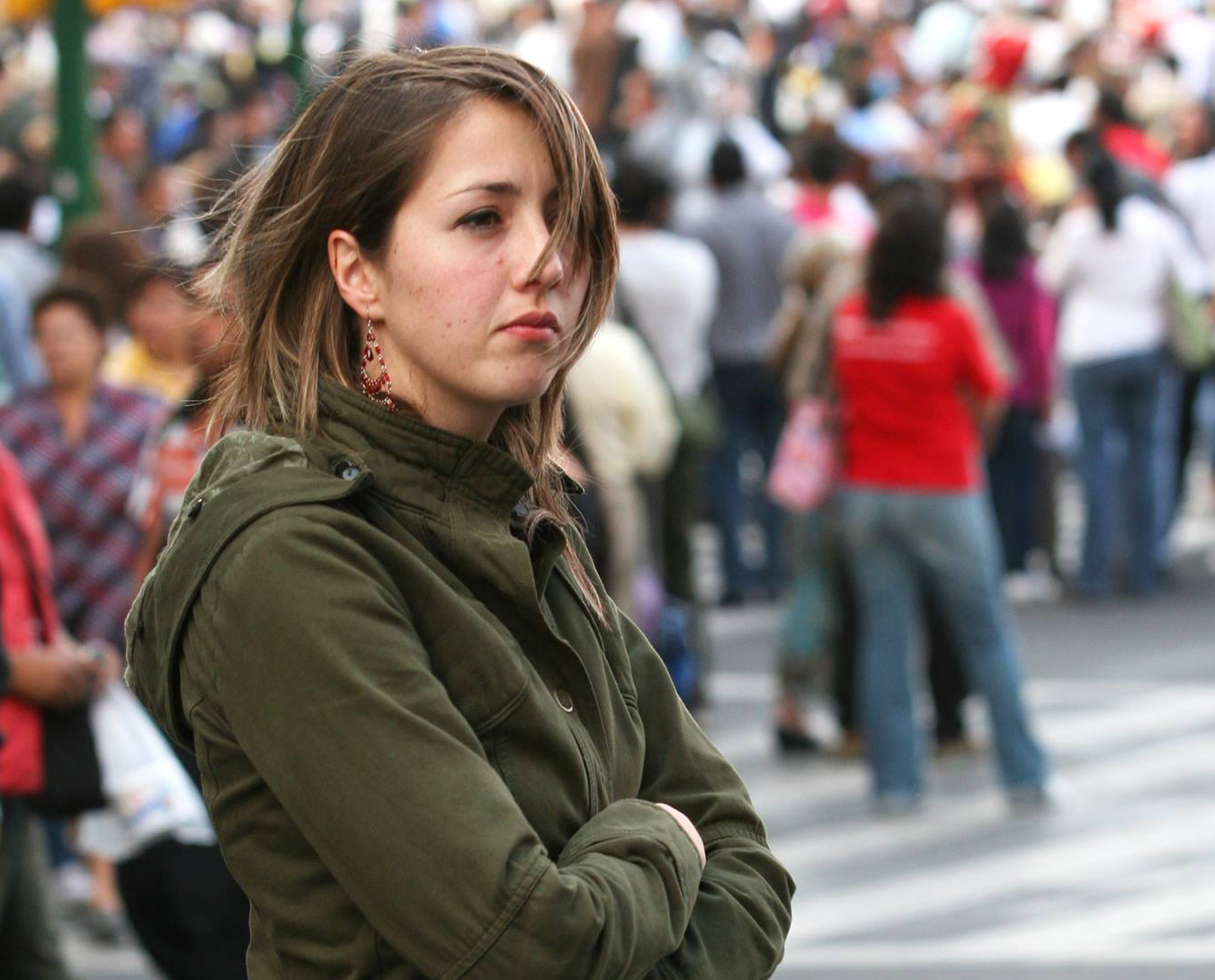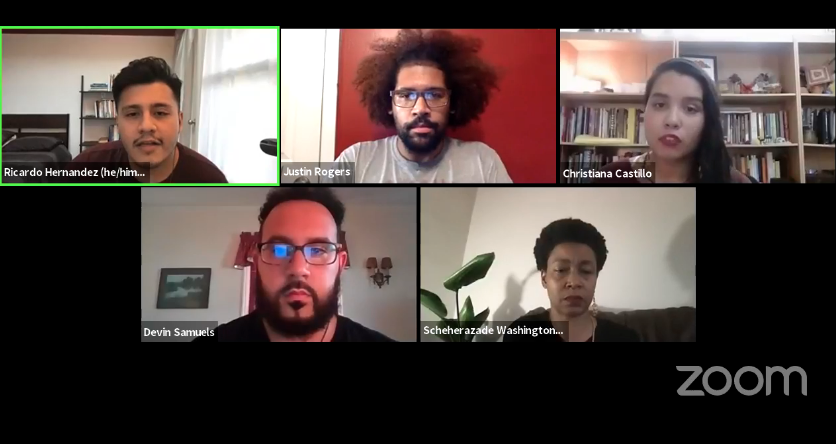I recently had an opportunity to speak with Susan Larson, former book editor for the New Orleans Times-Picayune and host of WWNO’s The Reading Life, a podcast where she interviews celebrated and emerging authors. Larson has served on the boards of the Tennessee Williams/New Orleans Literary Festival and the New Orleans Public Library, and is the founder of the New Orleans chapter of the Women’s National Book Association. She is also the author of The Booklover’s Guide to New Orleans.
You were the book editor for the New Orleans Times Picayune for many years. Do you miss doing that work?
I was the book editor from 1988 to 2009, such a grand period in local literary history, with many writers emerging to national recognition and major prizes, and the rise of so many great literary festivals. It was absolutely the best job of my life and I miss it every day! In the current days of the shrinking book review, it now seems to me impossibly lucky that I had two, sometimes three, pages a week for book review coverage, and I miss all those talented reviewers’ voices as well.
Talking to writers is a privilege and a gift: I am forever grateful for life-changing conversations I have had over the years with Dorothy Allison, Stephen E. Ambrose, James Lee Burke, Andre Dubus, Ernest J. Gaines, Derek Walcott, and Christine Wiltz.
Why was it important for you to start a chapter of the Women’s National Book Association in New Orleans?
I asked my longtime friend Mary Grey James, who had recently retired from working with Ingram Book Company and then went on to work at Parnassus Books, an independent bookstore in Nashville, what activity had meant most to her in her new life. She said that she was most proud of her involvement with the WNBA. After she came to talk to a group of women in New Orleans, we were off!
When people think of New Orleans, they often think of our food and culture. What do you wish people knew about New Orleans as a literary city?
One of my cherished dreams is to see New Orleans designated as a UNESCO City of Literature. As we continue to excavate our long history, we are learning more and more about how much we have contributed to American literature—consider the beginnings of African American literature here, for example, that are just beginning to be appreciated properly. And I wish more people realized how diverse the literary contributions have been from novelists, poets, playwrights, political writers, historians, writers of creative nonfiction. One of the things I treasure about living here is how much of our literary landscape survives in physical form—it means so much to me to drive or walk past the homes of writers who have meant so much to the world, imagining the lives they lived here, including Shirley Ann Grau, Walker Percy, Anne Rice, and Tennessee Williams, to name only a few. I often think I see New Orleans through a hazy dream of books I’ve read.
As host of The Reading Life podcast, what are some of your most memorable shows?
We are celebrating our tenth year on the air, after a brief pandemic hiatus. We try to present a range of writers, local and national, authors of fiction and nonfiction and poetry, focusing on writers who live here or are coming here for appearances.
Our show is conversational, rather than scripted because you always have to be ready to follow the author where they want to go. Some of my favorite guests have been Hillary Clinton and Chelsea Clinton talking about their book The Book of Gutsy Women: Favorite Stories of Courage and Resilience (Simon & Schuster, 2019); Alex Beard sharing the African adventures that led to his children’s picture books; Eddie S. Glaude Jr. on Begin Again: James Baldwin’s America and Its Urgent Lessons for Our Own (Crown, 2020); Sarah Broom on her debut memoir, The Yellow House (Grove Press, 2019); and Albert Woodfox on Solitary: My Story of Transformation and Hope (Grove Press, 2019).
What are you currently reading?
I’ve just finished Together in a Sudden Strangeness: America’s Poets Respond to the Pandemic (Knopf, 2020) edited by Alice Quinn, which is a book of great wisdom and consolation for these troubled times; there are days when poetry is the only answer. I’m savoring Susanna Clarke’s Piranesi (Bloomsbury, 2020) for my private pleasure after the long wait for this book; her debut novel, Jonathan Strange & Mr. Norrell is one of my favorite novels.
Next on my list are The Rib King by Ladee Hubbard, forthcoming from Amistad in January, and Economy Hall: The Hidden History of a Free Black Brotherhood by Fatima Shaik, forthcoming in March, which illuminates an important chapter in the history of free people of color in New Orleans. I’m also eager to read former president Barack Obama’s memoir A Promised Land (Crown, 2020).
Photo: Susan Larson. Kelly Harris is the literary outreach coordinator for Poets & Writers in New Orleans. Contact her at NOLA@pw.org or on Twitter, @NOLApworg.






